Scholarly correspondence as digital networking history
Together with the Collegium Carolinum and the Historische Kommission at the Bayerische Akademie der Wissenschaften (Historical Commission at the Bavarian Academy of the Sciences and Humanities), the Monumenta Germaniae Historica are proud to invite our guests and friends to the concluding workshop of the cooperative project „Korrespondierende Wissenschaft“.
Thursday, June 22, 2023, 3 p.m.-7.p.m.
Adalbert-Stifter-Saal im Sudetendeutschen Haus, Hochstr. 8, 81669 Munich
The project „Korrespondierende Wissenschaft“ is a joint undertaking of the participating institutions with two interrelated goals. Firstly, the partner institutions aim to publish a selection of scholarly correspondence from their respective institutional past in an online edition. Secondly, on the basis of this documentation, the sub-projects study how German-language historians positioned themselves personally, contributed to defining science policies, and responded to the changing political conditions in the course of the 20th century. The result will be the digital recreation of correspondence networks revealing thematic and personal connections.
3 p.m.
Opening speech (Prof. Dr Martin Schulze Wessel)
3.15 p.m.
Presentations by sub-projects at the participating institutions: Editions and shared findings
- Introduction (Prof. Dr. Dr. h.c. Martina Hartmann)
- Die Historiker der "Gesellschaft zur Förderung deutscher Wissenschaft, Kunst und Literatur in Böhmen" (Dr René Küpper)
- Ein Jahrzehnt "Reichsinstitut für ältere deutsche Geschichtskunde (Monumenta Germaniae Historica)" 1935-1945: Eine Episode deutscher Wissenschaftsgeschichte (Prof. Dr Arno Mentzel-Reuters)
- Die "Neue Deutsche Biographie" in der frühen Bundesrepublik (Dr Matthias Berg)
4:15 p.m.
Technical solutions and development potential of the platform „Korrespondierende Wissenschaft"
- Introduction (Prof. Dr Bernhard Löffler)
- Technische Realisierung des Projekts: Konsistente Dateneingabe, Visualisierung, Dynamisches Register (Sebastian Still)
- Zu den Möglichkeiten digitaler Methoden in der Korrespondenzforschung (Dr. Johannes Gleixner)
5 p,m.
Keynote speech in cooperation with the chair for East and South-east European History at the LMU Munich
„Die Folgen von Russlands Krieg gegen die Ukraine für die Digital Humanities.“ (The repercussions of Russia’s war against Ukraine for the Digital Humanities) (Prof. Dr Peter Haslinger / Marburg)


